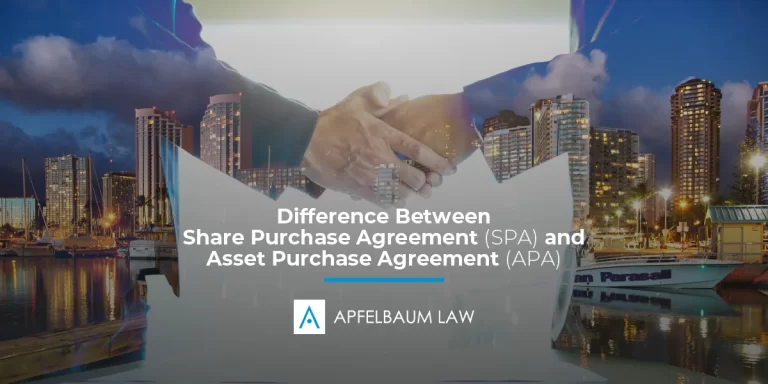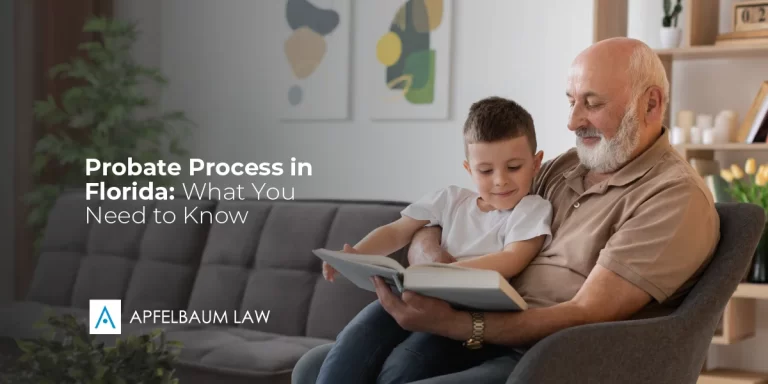Probation is a sentencing option designed as an alternative to incarceration for individuals convicted of crimes. Under probation, offenders are allowed to serve their sentences in the community under the supervision of a probation officer. This arrangement aims to promote rehabilitation while ensuring accountability for their actions.
During probation, individuals must adhere to specific conditions set by the court, which typically include attending regular meetings with a probation officer, maintaining employment or attending school, abstaining from drugs and alcohol, participating in rehabilitation programs, paying court ordered restitution to any victim of their crime, and obeying all laws. The conditions vary depending on the offense and the individual’s circumstances. Probation officers closely monitor the offender’s progress to promote positive behavioral changes and reduce the risk of reoffending.
Types of probation
There are two main categories of probation: supervised and unsupervised, also known as administrative probation
Supervised probation
This is by far the most common type of probation. The offender is assigned a probation officer who monitors their progress and enforces the court-ordered conditions. These conditions may include:
- Regular meetings with the probation officer
- Community service
- Mental health or substance abuse treatment
- Curfews
- Prohibition on consuming alcohol or drugs
- Paying restitution to victims
- Wearing an electronic monitoring device
Administrative probation
This type of probation involves fewer restrictions. The offender does not have to meet with a probation officer regularly, but they are still expected to follow the law conditions and stay out of trouble. Unsupervised probation is only rarely offered and is usually only offered to Defendants who do not need to complete any additional sanctions, and whose residence or employment make supervision unfeasible.
What Happens if Probation Is Violated?
In Florida, violating probation carries significant repercussions. In the event of a violation, individuals may face a court hearing where evidence is presented regarding the infraction. Depending on the severity of the violation, the judge may decide to modify the probation terms, impose additional conditions, or revoke probation altogether.
If probation is revoked, the individual could be required to serve the remainder of their original sentence in jail or prison, with any time previously spent on probation potentially not counting towards their incarcerative sentence. While alternatives like community service or substance abuse treatment may be considered, adherence to probation rules is paramount to avoid further legal consequences and maintain personal freedom in Florida’s justice system.
Needing an attorney to assist with probation violations
Being accused of breaking probation rules can be a stressful situation. If you find yourself facing this, Apfelbaum Law can help. We offer consultations to discuss your options and guide you through the process. Located in Port St. Lucie and Stuart, we serve clients throughout the Treasure Coast and Florida.



